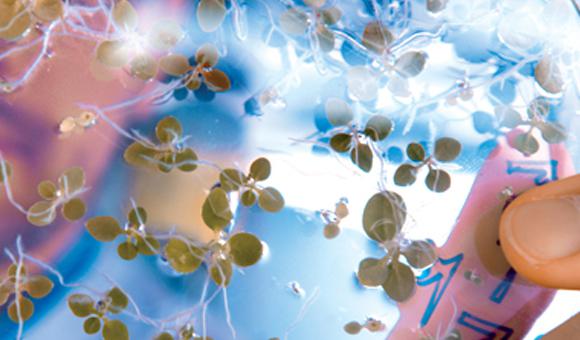
This year, the chemical, plastics, and life sciences industry has shown itself to be a cornerstone of Wallonia’s economy. It represents over 40% of Wallonia’s exports and has a great impact in terms of jobs, hiring over 500 people per year just to replace retiring employees.
Essenscia, the Walloon Federation for Chemistry, Plastics, and Life Sciences, recently held its general assembly in Louvain-la-Neuve. It was the occasion for the federation’s president, Pascal Lizin, to note that the industry benefits from economic stability in spite of uncertainty abroad, with growth up 60% over the past ten years. The industry’s profits are estimated at 14.6 billion euros for 2016, similar to 2015’s numbers.
Chemistry and life sciences represent 26,300 direct jobs in Wallonia – in addition to 40,000 indirect jobs – which gives the industry a status as a major job creator. It boasts 22% of all industrial jobs in Wallonia, a number that has steadily increased over five years.
Performance in terms of innovation is also considerable, with 1.5 billion euros invested in research and development in 2016, and the industry now represents 40% of Wallonia’s exports.
"The chemical, plastics, and life sciences industry remains a cornerstone of Wallonia’s economy. Biopharmaceutical SMEs with new treatments in the final stage of development are an area that should be closely watched, because they will give a boost to the industry’s growth in the future. Existing measures to promote innovation must also be kept in place or strengthened in order to speed the growth of these innovative SMEs," said Pascal Lizin.
The President of Essenscia also referred to various educational and motivational initiatives aimed at young people to encourage them to pursue scientific and technical studies. "An exhibition will be opened in 2017 at the Pass museum in Mons," said Pascal Lizin. This exhibition is dubbed the Chemistry and Life Sciences Lab, "a full-scale laboratory with an exhibition devoted to our industry’s innovations. This project, financed by our Co-valent training fund and four companies (BASF, Total, Solvay, and GSK), will make it possible for over 30,000 young people per year to perform real experiments and discover the fantastic world of chemistry and life sciences."
Source: Belga